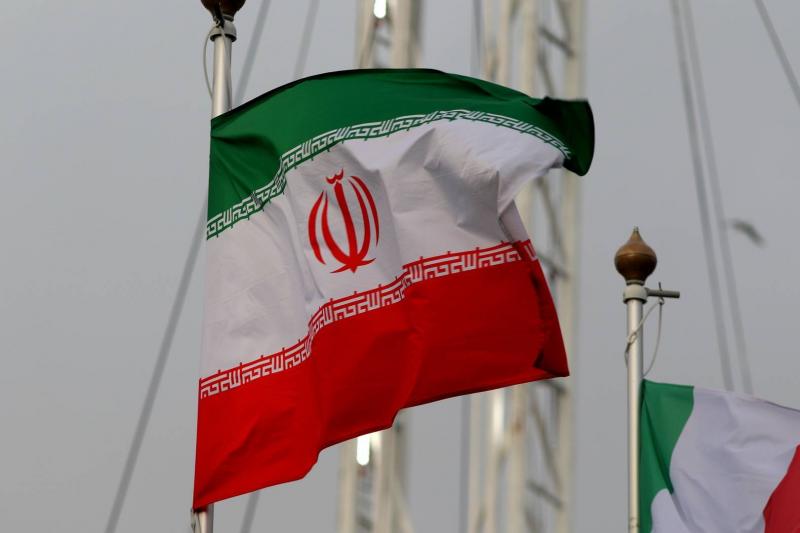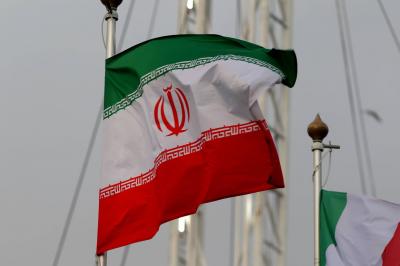Iranian journalist Kyan Sharifi pointed out in an analytical article for Radio Farda that in the past two weeks, Iran's attacks on Israel have been described as "imminent." Under the influence of these expectations, numerous reports filled with anxiety and fear spread on social media regarding attacks from Iran and its allies, including Hezbollah, "in the coming hours." Raz Zimmt, a prominent Iranian affairs researcher at the Institute for National Security Studies in Tel Aviv, noted that they "enjoy this situation, watching Israel in suspense and the resulting high economic and psychological costs."
However, this anticipation is a double-edged sword, as it also harms the Iranian government and its proxies in the region. Michael Horowitz, head of security at the Bahrain-based Lobik International consultancy, stated that "the negative repercussions of this situation, including pressure on civil defense, mobilization of armed forces, and economic costs, will not be confined to Israel alone, but this anticipation also has consequences for Iran and Lebanon."
Analysts and experts consider the notion that Iran is postponing its attack to exploit the psychological repercussions merely an excuse, not a calculated strategy. They observed that intense and serious discussions within the Iranian government regarding coordination with regional proxies, contemplating a potential U.S.-Israeli counter-response to an Iranian attack, and assessing the risks involved explain the delay in the retaliatory attack and Tehran's hesitation in this regard.
Raz Zimmt remarked that the Iranian government "faces a difficult and complex choice." Although Supreme Leader Ali Khamenei and the Iranian Revolutionary Guard aim to restore Iran's deterrent power against Israel, some other officials in the government fear that a significant attack on Israel could draw Iran into a war with Israel and perhaps the United States. Thus, even if Tehran has made a decision on how to respond to the assassination of Ismail Haniyeh, coordination with Hezbollah and other members of the regional proxy and ally network known as the "Resistance Axis" according to Iranian political discourse requires considerable time.
Another factor that could impact Iran's decision is the increased American military presence in the region compared to the days leading up to the unprecedented Iranian drone and missile attack on Israel on April 12 of this year, which it termed "Promise of the Faithful." Michael Horowitz told the Persian-language American radio that "the U.S. response compared to the weeks prior to the April attack would be much greater, and the broader American military presence is perhaps a sign of Washington's calculations regarding the scale of the Iranian attack, as they (U.S. officials) believe that Iran's response could be greater than the attack that occurred in April."
He added: "By sending defensive equipment and troops, and also forces capable of offensive operations, the U.S. has sent a message indicating that its goal is to counter and contain any threat. In fact, simply sending such a message in the current situation is significant and impactful." Moreover, the Washington Post reported that the Prime Minister of Qatar and its foreign minister, Mohammed bin Abdulrahman Al Thani, conveyed "caution" to Iranian leaders during a phone call.
### Could Diplomacy Succeed?
Tehran firmly rejected Western powers' requests for restraint and avoiding escalation, repeatedly stating that the response to the assassination of Ismail Haniyeh in Tehran is its legitimate right. According to the report, numerous communications from leaders of various countries, including European powers, with newly elected President Masoud Pezeshkian and Deputy Foreign Minister Ali Bagheri Kani in recent days have sparked speculation that diplomatic efforts may have delayed the Iranian attack and perhaps even led Tehran to cancel it entirely.
Michael Horowitz remarked, "I'm not sure that diplomacy alone is enough to change Tehran's calculations and its decision; Iran, despite all communications and requests for restraint, will do what it feels serves its interests in the best way possible." Iran has recently indicated that another form of diplomacy— a permanent ceasefire in the Gaza Strip between Israel and Hamas—might convince it to postpone the attack on Israel.
Researcher Farzan Zabet speculated that "the Iranian government might be seeking shortcuts" to mitigate the severity of its response; thus, a kind of ceasefire in Gaza could represent a "diplomatic victory" that Iran needs to reduce the intensity of its reaction. Raz Zimmt stated that a ceasefire in Gaza might not hold significant importance for the Iranian government, "but it provides a good excuse to justify the delay of the attack on Israel domestically, especially externally."
He believes that it could lead to Iran either scaling down its attack or choosing an entirely different way to respond that does not involve a direct attack on Israel. The timing and nature of the Iranian response remain uncertain, but under the current circumstances, it seems that Iran does not have good options.
Frzan Zabet commented in this context: "It appears Tehran is engulfed in confusion regarding the decision-making process to find a middle-ground option." This expert believes that the dilemma facing Iranian decision-makers can be summarized as follows: "A retaliatory attack should not be weak in terms of symbolic values and deterrent strength, while at the same time not strong enough to lead to an uncontrollable cycle of escalation that could result in an all-out war."




